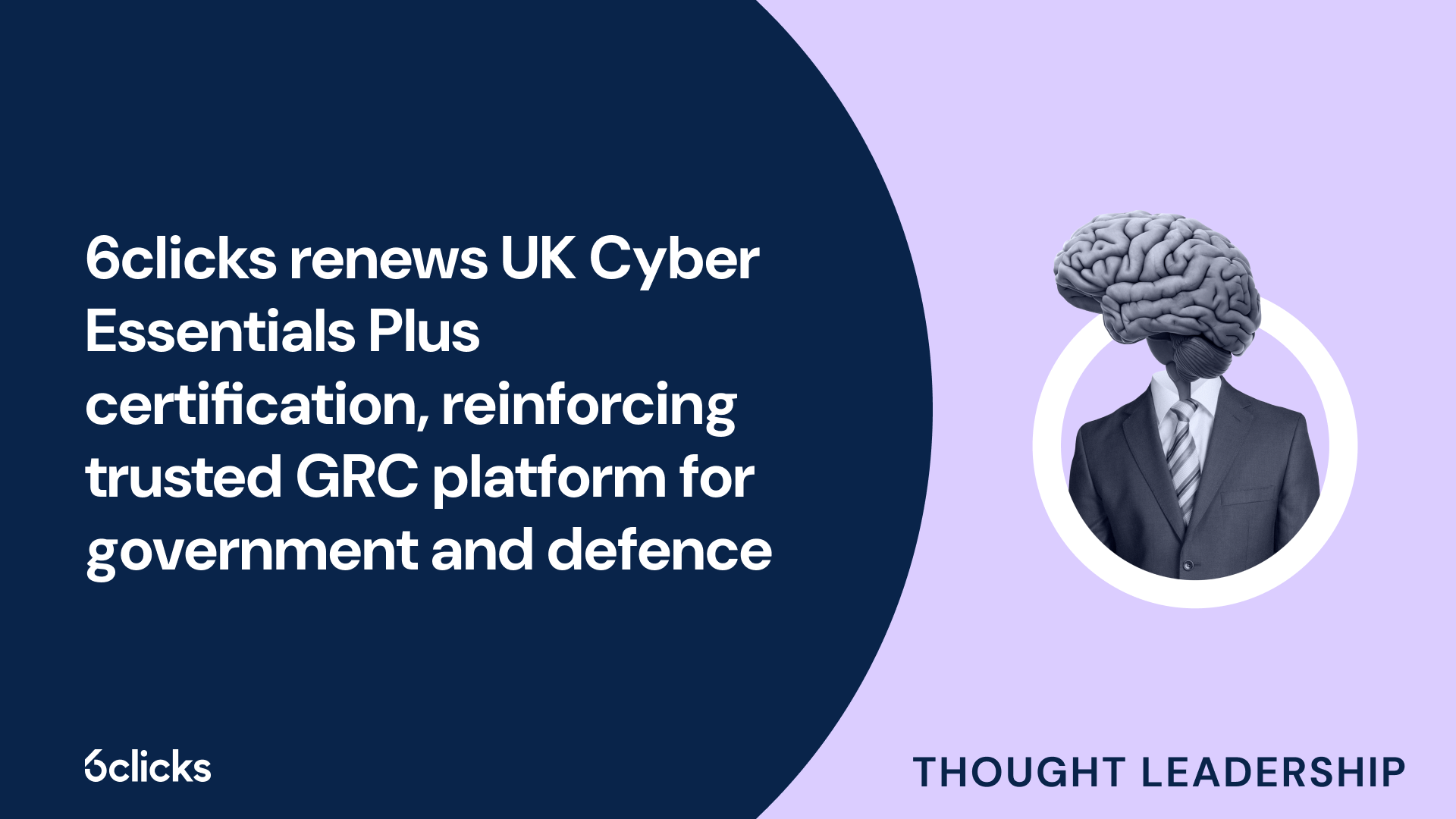The GRC buyer’s guide for 2025: Building resilience with AI-powered, federated solutions
Discover the ultimate GRC buyer's guide for 2025! Uncover how AI-powered, federated solutions transform compliance and security management for industries like government, aerospace, banking, and more. Learn about centralized control, continuous compliance, and advanced cyber GRC capabilities. Download now!
-1.png?width=200&height=249&name=Group%20193%20(1)-1.png)
The GRC buyer’s guide for 2025: Building resilience with AI-powered, federated solutions
What is the primary objective of data security controls?
Data security controls are essential mechanisms designed to protect sensitive information within an organization. The primary objective of these controls is to safeguard data from unauthorized access, alteration, loss, or destruction, ensuring the confidentiality, integrity, and availability of information. With data breaches and cyber threats on the rise, implementing robust data security controls is critical for maintaining trust, complying with regulations, and mitigating financial and reputational risks.
Ensuring the confidentiality of data
One of the core objectives of data security controls is to maintain data confidentiality. This means ensuring that only authorized individuals or systems can access sensitive information. Confidentiality is often achieved through measures such as:
- Access controls: Restricting access to data based on user roles or clearance levels
- Encryption: Transforming data into a coded format that requires a decryption key for access
- Authentication mechanisms: Verifying user identity through passwords, biometrics, or multi-factor authentication
These measures help prevent data from falling into the hands of unauthorized entities, safeguarding personal, financial, and proprietary information
Preserving data integrity
Data integrity is another critical focus of data security controls. It involves ensuring that information remains accurate, consistent, and unaltered during its lifecycle. This objective is achieved through controls like:
- Version control systems: Keeping track of data modifications to ensure accuracy and consistency
- Hashing algorithms: Generating unique identifiers for data to detect unauthorized changes
- Audit trails: Logging activities and changes made to data for accountability and transparency
By preserving data integrity, organizations can make informed decisions based on reliable and trustworthy information.
Maintaining data availability
The availability of data is equally important in the modern business landscape. Data security controls aim to ensure that authorized users can access the information they need when they need it, without interruptions. This is particularly vital for critical operations and services that rely on real-time data. Availability is ensured through:
- Redundancy and backups: Creating duplicates of data and storing them in secure locations to prevent loss due to hardware failures or cyberattacks
- Disaster recovery plans: Establishing protocols to restore data quickly in case of system outages or natural disasters
- Regular system maintenance: Ensuring that hardware, software, and networks are up-to-date and functioning optimally
Mitigating risks and ensuring compliance
Another primary objective of data security controls is to mitigate risks associated with data breaches, cyberattacks, and accidental data loss. By proactively identifying and addressing vulnerabilities, organizations can reduce the likelihood of incidents that could harm their operations.
In addition, data security controls are crucial for ensuring compliance with legal and regulatory requirements. Many industries are subject to strict data protection standards, such as the General Data Protection Regulation (GDPR), Health Insurance Portability and Accountability Act (HIPAA), or ISO/IEC 27001. Adhering to these standards helps organizations avoid penalties and demonstrates their commitment to data security.
In conclusion, the primary objective of data security controls is to protect sensitive information by ensuring its confidentiality, integrity, and availability. These controls mitigate risks, support compliance with regulations, and foster trust among stakeholders.
In this digital age, prioritizing data security is not just a technical necessity but a strategic imperative for long-term success. Organizations must invest in robust security measures to safeguard valuable data. 6clicks can help you implement, manage, and ensure the effectiveness of your data security controls with its comprehensive compliance and control management features. Learn more by booking a demo today.











